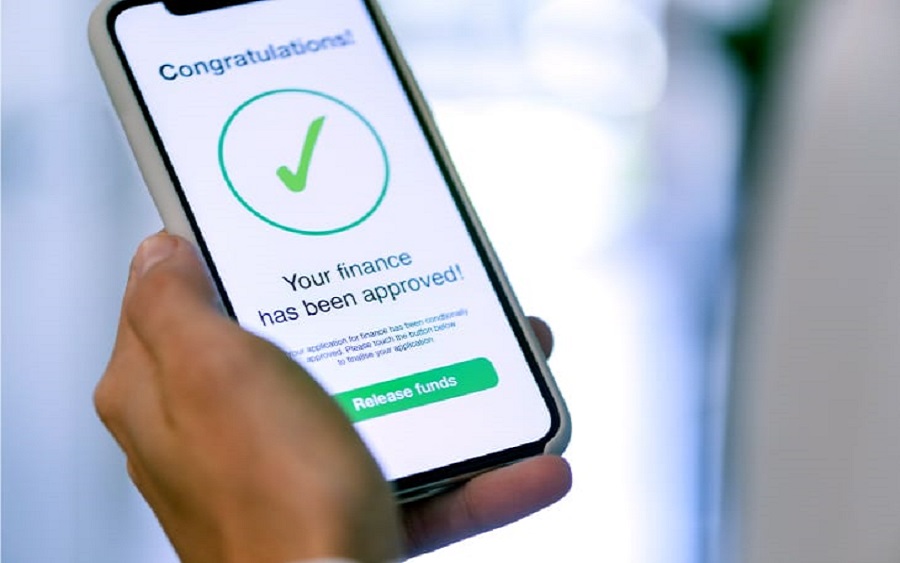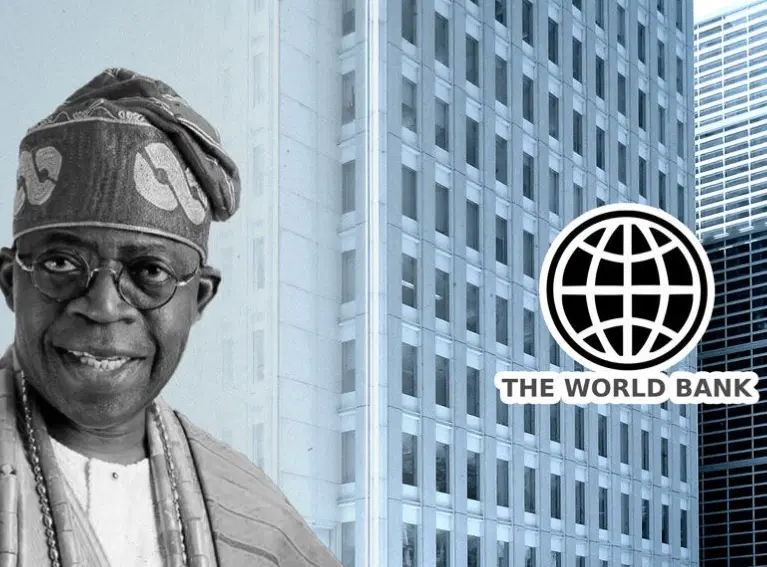Desperate for N30,000 (about $20), Mariam Ogundairo turned to a loan app that promised fast cash. Within minutes, the money arrived—burdened with a 21.6% interest rate due in just two weeks.
Like millions of Nigerians battered by inflation, she was too broke to repay. What followed was not a reminder, but harassment.
“They started calling my phone contacts when I couldn’t pay back on time, saying I owed them. I lost my security, and it makes me so sad and scared,” she said.
Her ordeal mirrors that of many victims of Nigeria’s predatory loan apps, notorious for shaming borrowers through threats, defamation, and leaked personal data when debts go unpaid.
‘Quick Fix’ Gone Wrong
For a 24-year-old student, a loan that was meant to help him finish his thesis turned into humiliation. After borrowing N70,000 in 2023, he was expected to repay about N110,000 within a month—an impossible task.
The app responded by blasting his contacts with defamatory messages, branding him a “ritualist killer.”
“It wasn’t unwillingness to pay,” he said. “It was just impossibility.”
Inflation Pushes Nigerians to Loan Sharks
President Bola Tinubu’s reforms—including the removal of fuel subsidies—have worsened inflation and sent the naira tumbling. With food and living costs soaring, more Nigerians are turning to quick digital loans to survive.
Even as apps lure borrowers with promises of “low rates,” many charge extortionate fees. By December 2024, outstanding personal loans hit N3.82 trillion, according to the Central Bank of Nigeria (CBN).
Despite regulatory crackdowns, including the delisting of 47 apps and watchlisting of 88 others for harassment, loan sharks keep resurfacing under new names.
Harassment, Blackmail, and Fake Obituaries
Civil society group Citizens’ Gavel has documented over 1,300 complaints from victims of loan apps. Lawyer Funmi Oderinde said borrowers often suffer “defamation, threats, breaches of data privacy, arbitrary fines, and excessively high interest rates.”
In one case, a victim’s nude photos were circulated. In another, a fake obituary was sent to her contacts. Some victims reported suicidal thoughts under the weight of intimidation.
“These apps thrive because of weak sanctions and poor enforcement,” Oderinde warned.
Regulators Playing Catch-Up
The Federal Competition and Consumer Protection Commission (FCCPC) says it is monitoring lending practices to ensure rates are not exploitative. As of March 2025, 408 loan apps had been approved, while 42 more were given conditional clearance.
Still, campaigners argue that without stronger enforcement and consumer education, Nigeria’s loan sharks will continue to prey on the vulnerable.
Read Also;
Makinde Govt Debunks N300bn Loan Rumour, Calls APC Claim “Mischievous”
For Ogundairo, who eventually paid off her debt after weeks of harassment, the experience left scars:
“I will never borrow from them again. That quick fix almost ruined my life.”




